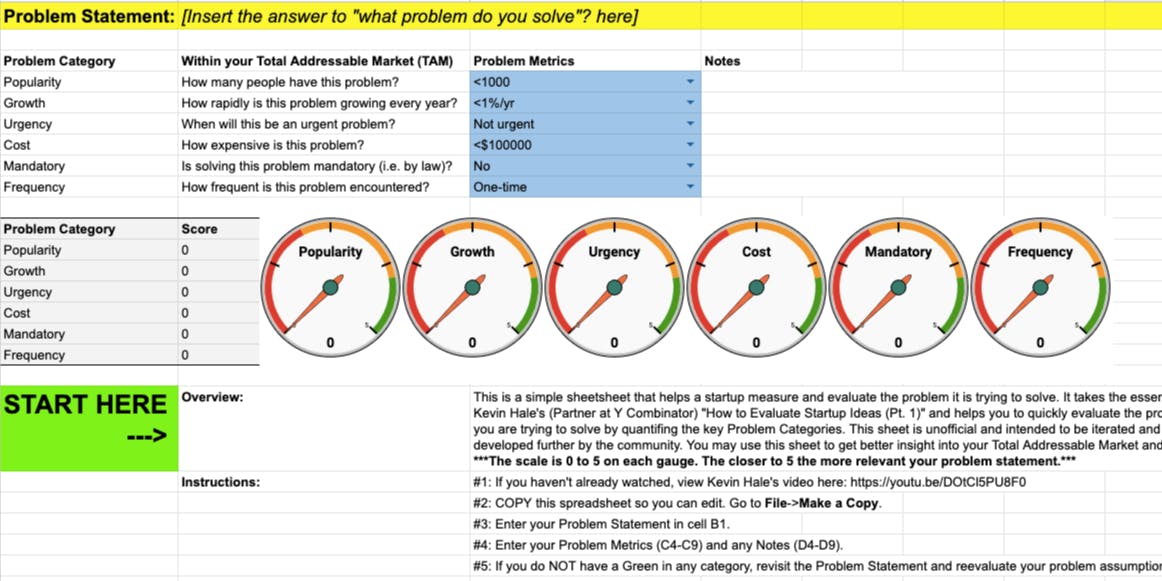2,786 reads
The Problemeter: A sheet that helps startups solve the right problem
by
July 31st, 2019
Serial entrepreneur (bizpayo.com, algohive.com), author The Future of Work, {According to Humans}
About Author
Serial entrepreneur (bizpayo.com, algohive.com), author The Future of Work, {According to Humans}
Comments
TOPICS
Related Stories
Assemble Your Crew!
Aug 15, 2018
Assemble Your Crew!
Aug 15, 2018
